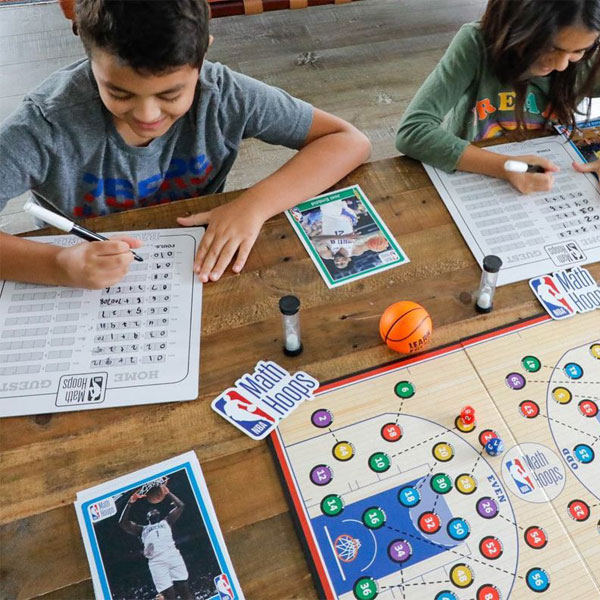By Learning Objective
Tailored to various learning objectives, these educational games support different subjects and cognitive abilities.
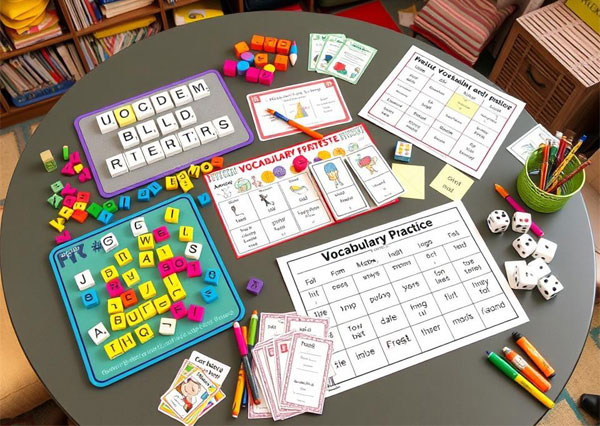
Language & Literacy
Design word-building, storytelling, and reading comprehension games.
Include vocabulary cards, phonics elements, and sentence formation.
Customize age-appropriate language content for different reading levels.
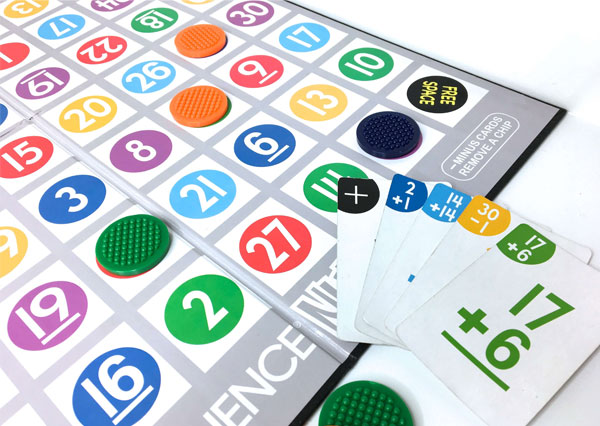
Mathematics
Develop for counting, arithmetic, fractions, and geometry.
Add number dice, equation tiles, and math-based missions.
Tailor content to align with grade-level math curriculum.
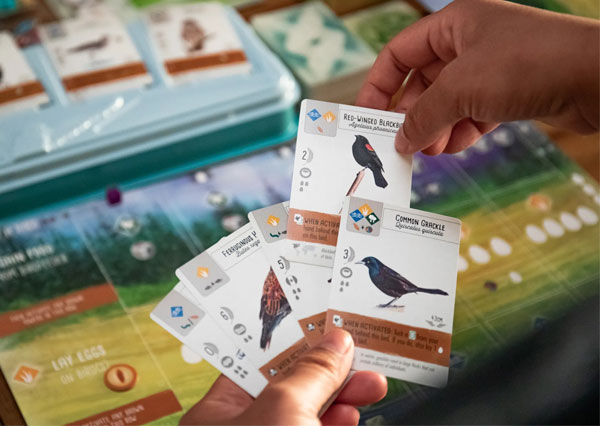
Science & Nature
Exploring biology, physics, chemistry, and ecosystems.
Include fact cards, experiment-based challenges, and discovery paths.
Customize visuals of animals, space, and natural processes.
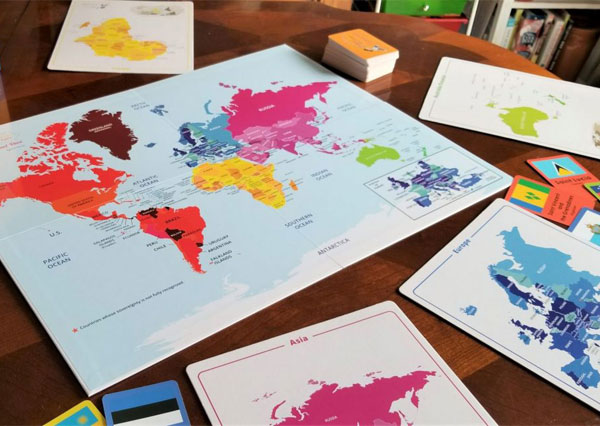
History & Geography
Build timeline games, map-based activities, and cultural quizzes.
Feature historic figures, world landmarks, and interactive geography puzzles.
Customize based on specific eras or countries of focus.
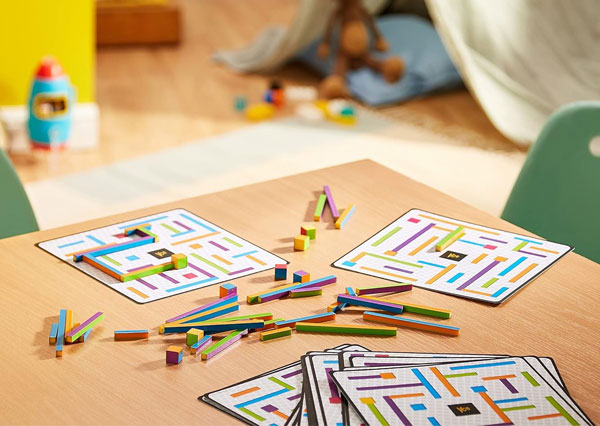
Critical Thinking & Logic
Design puzzle-solving, pattern-recognition, and deduction-based games.
Include logic cards, strategy boards, and multi-step challenges.
Encourage analytical skills through custom scenarios and clues.
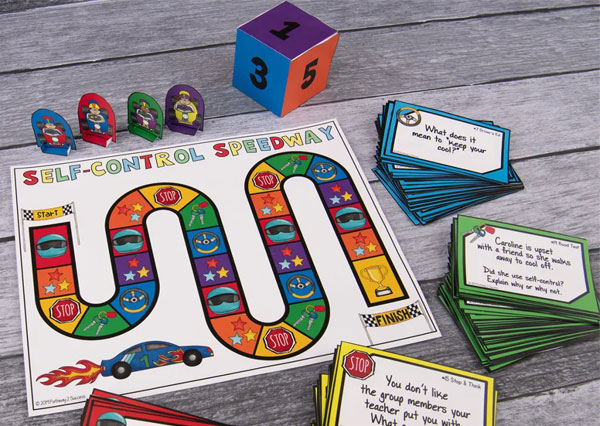
Social-Emotional Learning
Create role-play and empathy-building games with real-life scenarios.
Include cards for expressing feelings, resolving conflicts, and teamwork tasks.
Customize age-appropriate SEL themes for home or classroom use.
By Age Group & Educational Level
From preschool learning cards to complex high school simulations, we can tailor your educational board games to specific age groups.
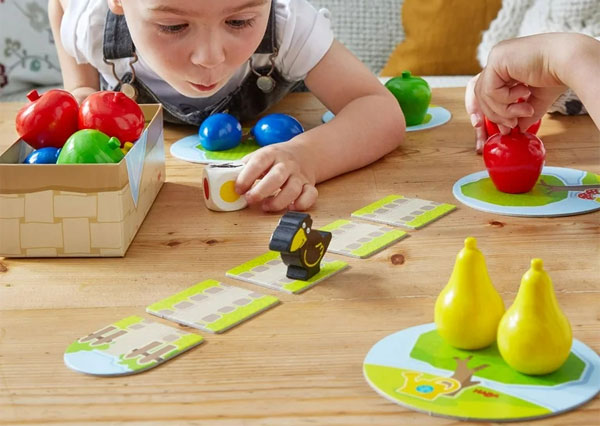
Preschoolers (3–5 years)
Use bright colors, large pieces, and simple rules.
Focus on basic skills like shapes, numbers, and letters.
Ensure safety with rounded corners and non-toxic materials.
Include playful themes to support early learning through fun.
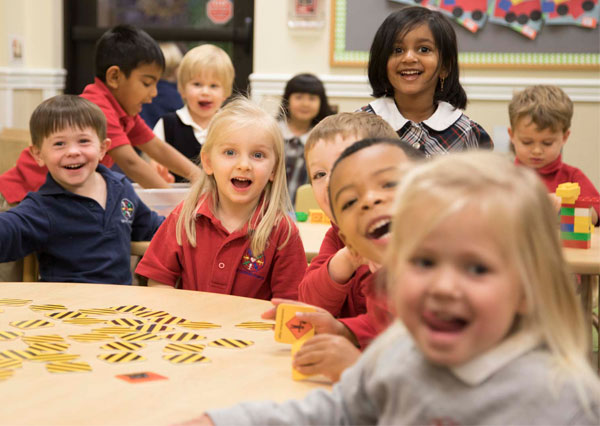
Early Elementary (6–8 years)
Design games that teach math, reading, and teamwork.
Use visual storytelling and character-driven learning.
Include interactive elements like spinners or matching cards.
Support curriculum topics like phonics, time, and counting.
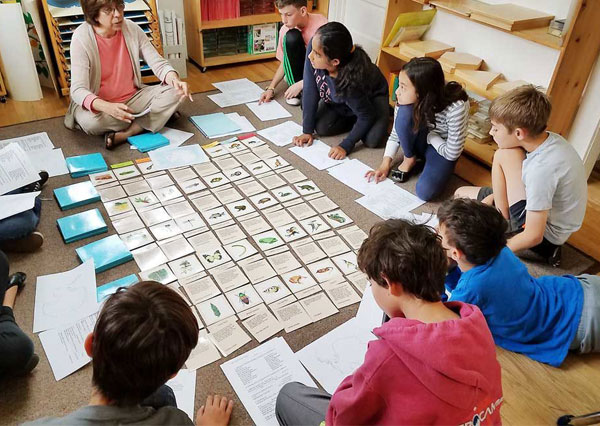
Upper Elementary (9–11 years)
Incorporate logic challenges, word games, and basic science.
Offer modular designs for replayability and classroom integration.
Add cooperative gameplay to promote collaboration.
Custom themes for social studies, history, and critical thinking.

Middle Schoolers (12–14 years)
Include subject-specific content (math, science, geography).
Provide more complex rules and strategy-based gameplay.
Allow role-play or simulation elements for deeper engagement.
Customize games for STEM or project-based learning support.
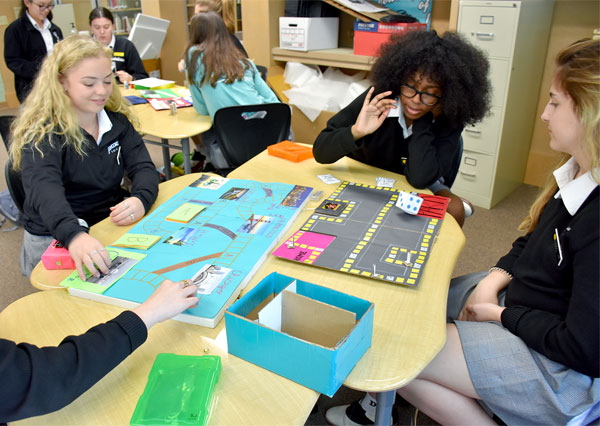
High Schoolers (15–18 years)
Create critical thinking, debate, and problem-solving board games.
Include historical, economic, or ethical scenarios.
Offer curriculum-aligned content with a competitive edge.
Support educational clubs or classroom use with custom sets.
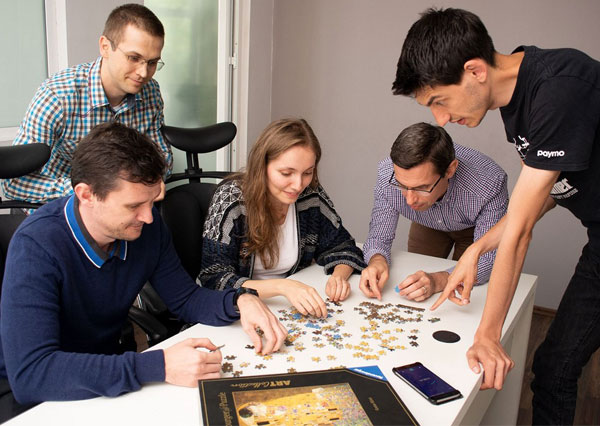
Adults (18+ Years)
Design training or skill-building board games for adult education.
Customize content for corporate learning or language learning.
Use advanced strategies, trivia, and real-world applications.
Support educational workshops, ESL, and group training sessions.
Get In Touch With Us Now
